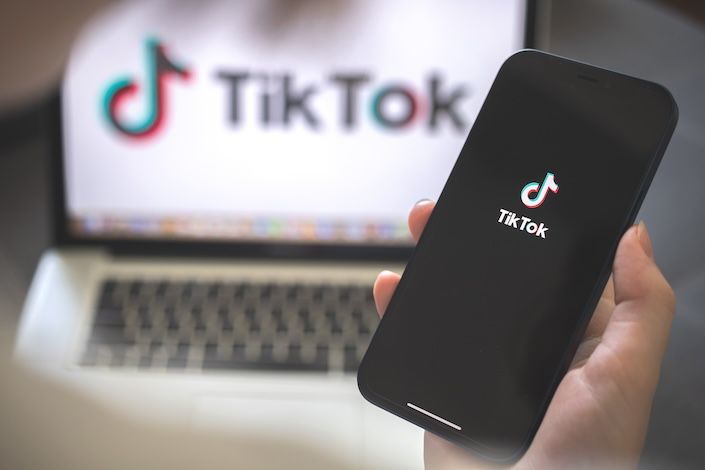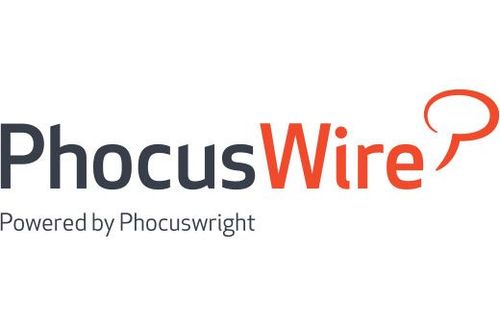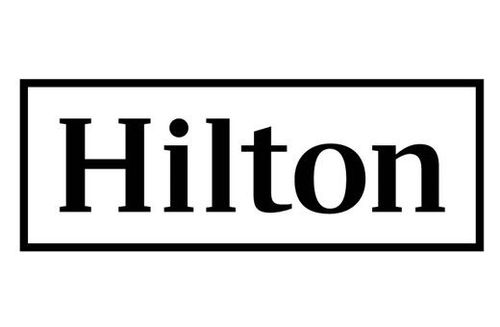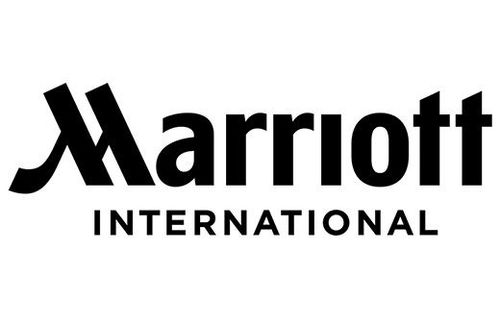Where travel agents earn, learn and save!
News / What a U.S. TikTok ban could mean for travel industry
The lawmakers — plus President Joe Biden, who has said he would sign the bill — contend that China’s relationship with ByteDance poses a national security threat

The U.S. House of Representatives passed a bill Wednesday in lopsided fashion that would compel TikTok parent company ByteDance to sell the popular video app to non-Chinese owners within six months or see it banned in the United States.
The lawmakers — plus President Joe Biden, who has said he would sign the bill — contend that China’s relationship with ByteDance poses a national security threat.
The prospect of TikTok’s 170 million users in the United States being barred from the site could have far-reaching ramifications for travel companies that seek to build brand recognition among travelers through the site’s wildly popular short videos.
The travel industry has embraced the site. Among the companies with big TikTok followings are Ryanair with 2.2 million, Expedia and Trip.com with 1.5 million and Booking.com with 1.2 million. When Berlin-based GetYourGuide posted a job listing for a TikTok creator, it drew so much interest the digital travel experience marketplace pulled it from LinkedIn.
The legislation faces an uncertain future in the Senate, where some members have spoken out against it. And even if the bill becomes law, legal challenges are likely.
What would a TikTok ban mean for travel companies?
There is some precedent for the possibility.
In December 2022, Virginia Gov. Glenn Youngkin issued an executive order banning the use of TikTok on state government devices and wireless networks. That meant the state’s destination marketing organization, Virginia Tourism, had to delete its accounts.
The incident became something of a case study for Richie Karaburun’s destination marketing and branding class. “They were actually doing well,” Karaburun, a hospitality and tourism professor at New York University, said of the DMO. “They had a great amount of followers.”
After the ban, Virginia Tourism took its content to other sites, such as Instagram Reels and YouTube Shorts, which is what Karaburun expects other travel companies would do if a TikTok ban became nationwide. But he doesn’t expect that will be easy or as beneficial, especially in the short term.
“TikTok, whether people want to admit it or not, is one of the most effective traffic generators. The engagement rate is one of the highest among Americans compared to other [social media platforms],” he said. “This is really more than an 800-pound gorilla. It’s a very big beast that actually operated very well.”
Phocuswright researcher Madeline List noted that U.S. travelers who use TikTok typically aren’t relying on it exclusively. Research from Phocuswright’s 2023 U.S. Consumer Travel Report found travelers on social used 2.4 platforms on average, making it easier for travel companies to find them even if they can no longer use TikTok.
“In terms of content strategy, a lot of content that brands post to TikTok is repurposed for multiple platforms,” List said. “Because vertical and short-form video have become so popular, I’d expect many brands to continue producing content in that style.”
Jared Alster, the co-founder and chief strategy officer at travel and tourism marketing agency Dune7, agreed.
“Lots of travel brands and brands in general repurpose content across social platforms,” Alster said. “However, this isn't always recommended since each platform is optimized for consumers to view content uniquely formatted for that platform. But I imagine many companies would simply port over their TikTok content to Instagram as Reels as a ‘triage measure’ until they figure out a longer term strategy.”
Over the longer term, companies may find that some qualities offered by TikTok would be hard to replicate on other sites, List said.
“It’s a platform that favors searchability and discoverability,” she said. “You see videos from small creators blow up – even from people or brands who aren’t intending to go viral. There’s a lot of opportunity for brands both big and small to reach new audiences through the platform.”
Instagram, by contrast, is known to be less egalitarian in its algorithms, she said. “Profiles with large existing followings are favored, while smaller followings have less opportunity to reach new eyes. So audience building might be harder without the platform, especially for smaller brands.”
What are the legal concerns of a TikTok ban?
To justify such a sweeping ban, the government would have to demonstrate a security risk, legal experts say. U.S. intelligence officials told lawmakers Tuesday they “cannot rule out” the possibility that the Chinese government would use TikTok to influence this year’s elections, though they have no indication the Chinese intend to do that.
Corinne Mullen, a New Jersey-based attorney who specializes in First Amendment and internet defamation litigation, called the government’s position problematic.
“I think you're going to see some filings right away if this goes into law,” she said.
A federal judge in November blocked a Montana law that sought to ban TikTok in that state.
And Tuesday the Knight First Amendment Institute at Columbia University and the American Civil Liberties Union joined 22 other free speech, tech policy and civil liberties organizations in sending a letter of opposition to Congress. The groups argue that the ban would violate the First Amendment rights of TikTok users and called on Congress to instead pass comprehensive privacy legislation.
The bill “is censorship — plain and simple,” the letter stated, adding, “Passing this legislation would trample on the constitutional right to freedom of speech of millions of people in the United States. TikTok is home to massive amounts of protected speech and association: it enables its users to discuss their opinions, share their hobbies, make art and access news from down the street and around the world. Jeopardizing access to the platform jeopardizes access to free expression.”
Mullen said the use of TikTok as a news source by users could make the government’s case even more problematic.
“We've never had a situation in the United States where Americans have been banned from using any news outlet,” she said. “I understand the justification for seeking to ban it on an official phone. … They have already banned the presence of TikTok on [U.S.] official work phones. But how they can ban it on private phones is really, really problematic.”
How travel companies could work within law of TikTok ban
Even in the event that a ban becomes law and withstands a legal challenge, Mullen said she expected U.S. companies could continue to use TikTok to market to consumers who can still access the site.
Travel marketing experts agreed.
“All sorts of different social apps and sites are banned by various governments around the world,” said Dune7’s Alster. “Yet where there’s a will, there’s a way, and there will always be loopholes for consumers to access TikTok.”
Travel companies, in particular, are accustomed to adapting to different regulations when crossing government borders, Karaburun said.
“Global companies are used to navigating these differences,” he said. “They say, ‘All right, we have to do this for European consumers, we have to do that for the Americans.’ It’s not going to be simple, but they will figure it out.”
In the end, though, he figures a ban is a far less likely outcome than the bill’s failure to take effect or a sale of TikTok within the timeline set by lawmakers.
“TikTok will not be banned [in the U.S.]. It’s too big — 170 million Americans,” he said. “And it’s good for the American economy. So my prediction would be, even if the Senate passes it, within six months the problem will be solved.”











